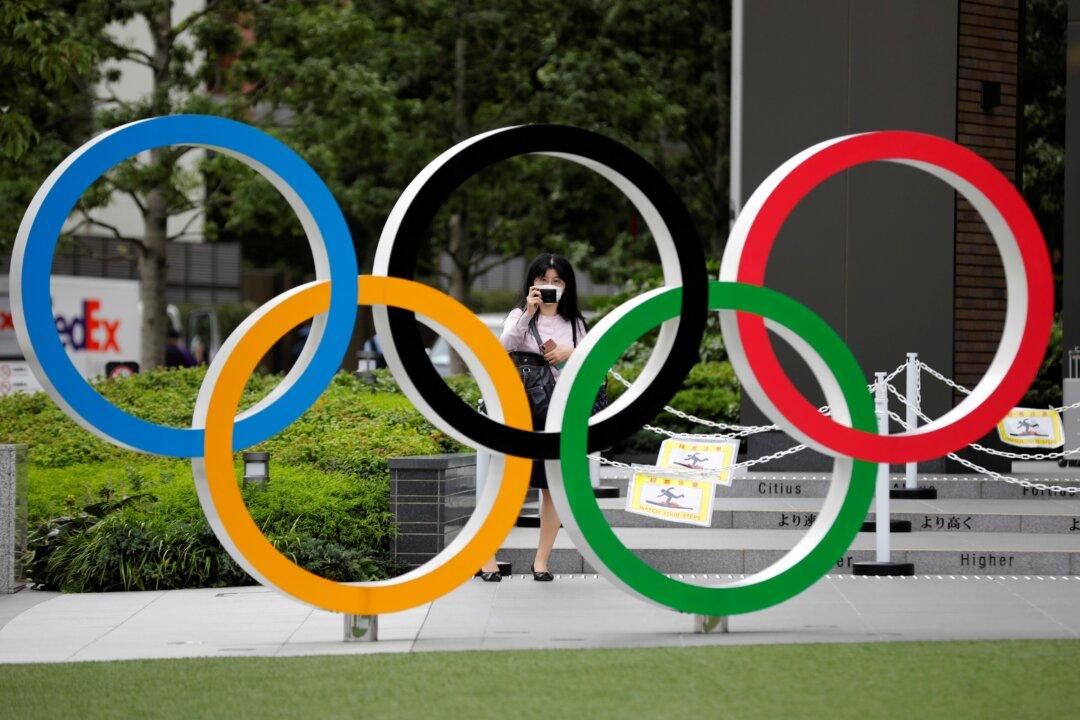Russia conducted “cyber reconnaissance” operations against organisers of the Tokyo Olympic Games, the UK government has revealed.
Russia’s military intelligence service, the GRU, targeted the organisers, logistics services, and sponsors of the 2020 Olympic and Paralympic Games, which were due to take place in Tokyo this summer but were postponed as a result of the pandemic caused by the CCP (Chinese Communist Party) virus, the government said in a statement on Monday.





